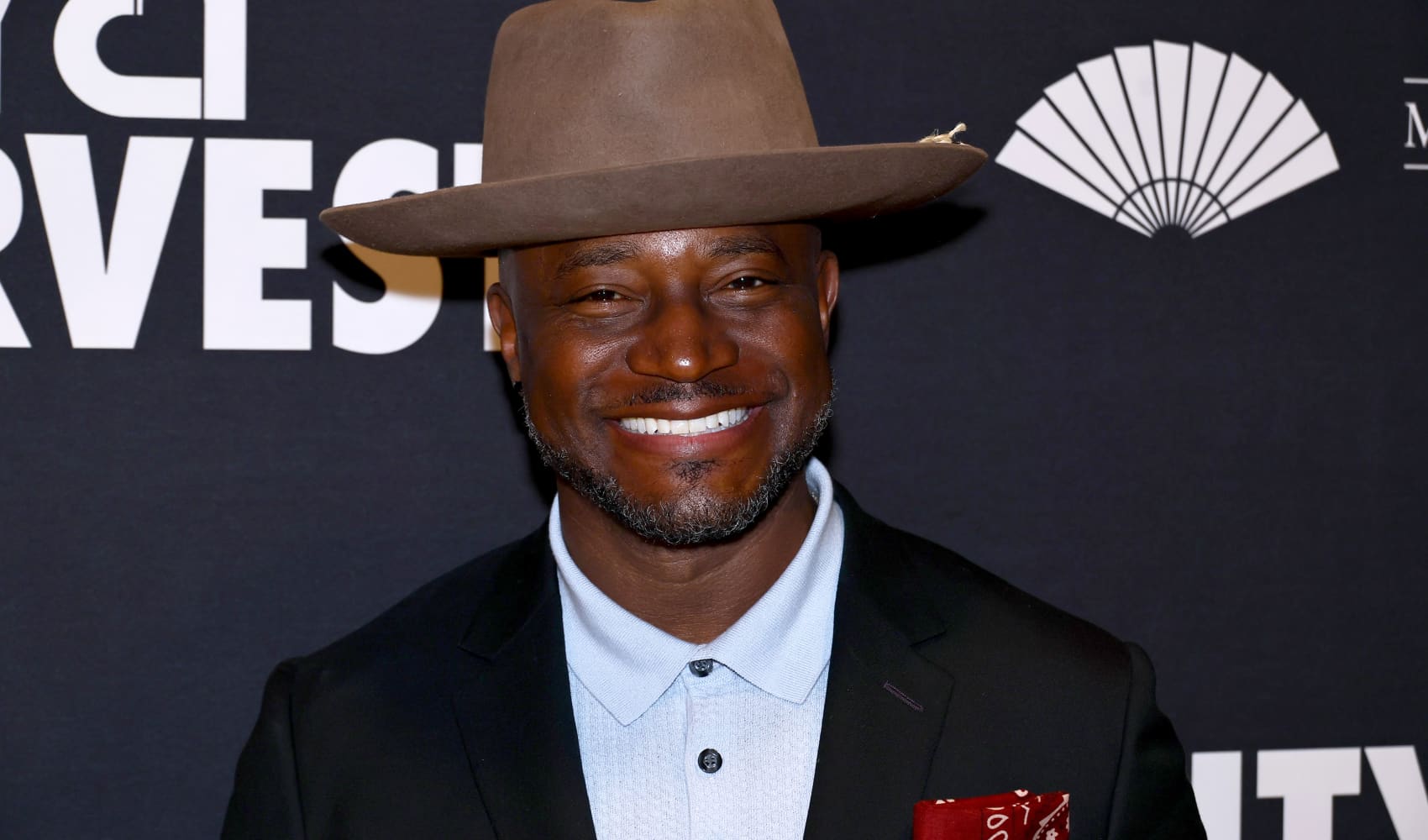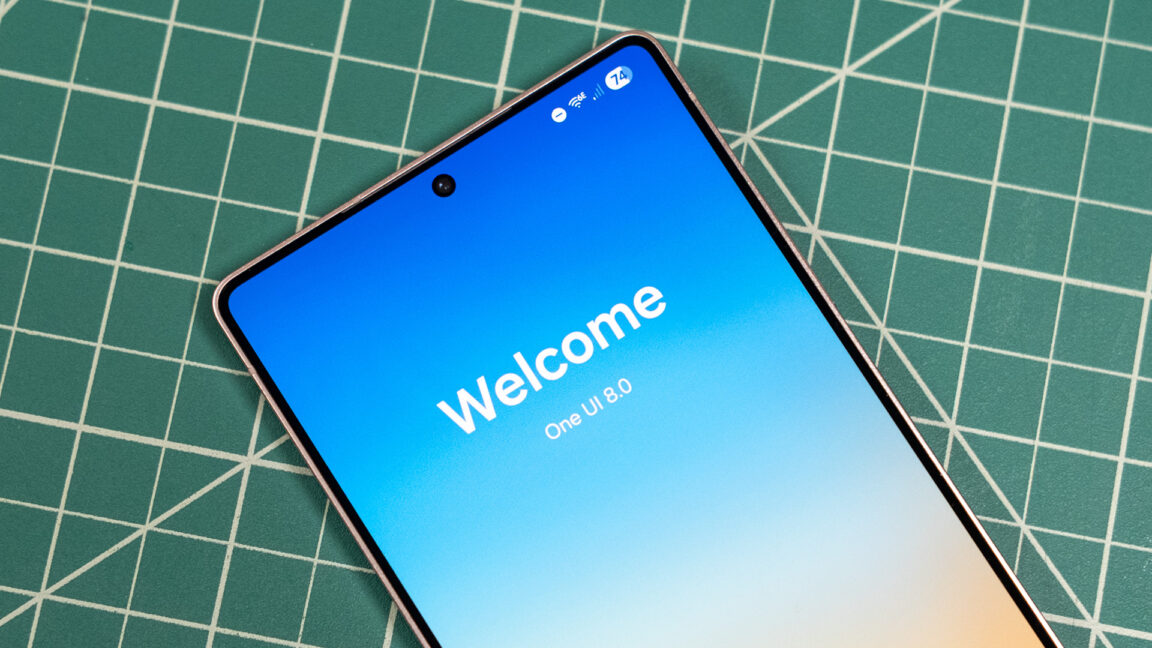A version of this article first appeared in CNBC's Healthy Returns newsletter, which brings the latest health-care news straight to your inbox. Subscribe here to receive future editions.
A wave of outrage is sweeping the scientific and medical world after Health and Human Services Secretary Robert F. Kennedy Jr.'s decision to stop recommending routine Covid-19 vaccines for healthy children and healthy pregnant women.
Kennedy, a prominent vaccine skeptic, on Tuesday said the Covid shot has been removed from the Centers for Disease Control and Prevention's recommended immunization schedule for those groups.
"Last year, the Biden administration urged healthy children to get yet another Covid shot, despite the lack of any clinical data to support the repeat booster strategy in children," Kennedy said in a video on X. He offered no scientific evidence to justify the change to the recommendations.
It's Kennedy's latest move to change and potentially undermine vaccinations in the U.S. since he took the helm at the Department of Health and Human Services, which oversees the federal agencies that regulate and recommend shots.
It comes a week after Food and Drug Administration Commissioner Marty Makary set stricter standards for approving shots for healthy Americans.
Some health experts say the dropped recommendation could have devastating consequences, particularly for pregnant women and their babies.
Both are considered to be at higher risk of severe complications from Covid-19 infections, according to the CDC's website. That can include preterm labor and birth, heart injury, blood clots and kidney damage among pregnant women.
"As ob-gyns who treat patients every day, we have seen firsthand how dangerous COVID-19 infection can be during pregnancy and for newborns who depend on maternal antibodies from the vaccine for protection," Steven Fleischman, president of the American College of Obstetricians and Gynecologists, said in a statement.
He emphasized that "the science has not changed."
"Following this announcement, we are worried about our patients in the future, who may be less likely to choose vaccination during pregnancy despite the clear and definitive evidence demonstrating its benefit," Fleischman said.
Studies have found that Covid-19 vaccination reduces the risk of hospitalization from the virus for pregnant women and infants younger than 6 months.
Fleischman and other experts also raised concerns about whether patients will have access to vaccines following Kennedy's decision. The CDC's recommendation is crucial because it guides insurance plans on which shots to cover at no cost to patients.
Medicare and Medicaid require that the recommended vaccines are free for patients. The Affordable Care Act requires private insurers to cover all vaccines recommended by the CDC's outside committee of vaccine advisors and director. Children without insurance can get free recommended vaccines through the government-run Vaccines for Children Program.
Pfizer and Moderna are charging up to $150 per dose for their respective Covid shots before insurance, according to the CDC's website.
"This decision could make it significantly harder for millions of Americans to access vaccines they want for themselves and their families," Tina Tan, president of the Infectious Diseases Society of America, said in a statement.
Tan added that process for Kennedy's decision breaks with the precedent of letting federal panels of experts publicly debate scientific evidence and vote on immunization practices. A group of external advisors to the CDC typically gives vaccine advice to the agency's director.
Trump's nominee to lead the CDC, acting director Susan Monarez, still needs Senate confirmation.
"This decision bypasses a long-established, evidence-based process used to ensure vaccine safety and ignores the expertise of independent medical experts, including members of CDC committees who are examining the evidence regarding the vaccine to make recommendations for the fall," Sean O'Leary, chair of the American Academy of Pediatrics Committee on Infectious Diseases, said in a statement.
He added that the decision could "strip families of choice," preventing those who want to vaccinate from getting shots.
Feel free to send any tips, suggestions, story ideas and data to Annika at annikakim.constantino@nbcuni.com.
Latest in health-care tech: Hinge Health makes its debut on the New York Stock Exchange
Did you hear that? That was the sound of the digital health sector breathing a collective sigh of relief.
Digital physical therapy company Hinge Health debuted on the New York Stock Exchange last week in the sector's first major public exit in several years.
The broader tech IPO market has been in a drought since late 2021, when soaring inflation and rising interest rates pushed investors out of risky assets. And within digital health, there's been practically no IPO activity.
Hinge, founded in 2014, uses software to help patients treat acute musculoskeletal injuries and chronic pain, as well as carry out post-surgery rehabilitation remotely.
The stock opened at $39.25 on Thursday, rising 23% from its $32 IPO price. It closed up 17% at $37.56 a share, bringing its market capitalization to more than $3 billion. As of Wednesday afternoon, shares are trading at more than $41.
Prior to its IPO, Hinge had raised more than $1 billion from investors including Insight Partners, Atomico, Tiger Global Management and Coatue Management.
Most analysts will officially kick off coverage of the stock around 30 days after its debut. But analysts at Roth shared some initial thoughts about Hinge earlier this month, before it went public. Importantly, they did not participate in the offering, make a recommendation or initiate coverage in their report.
"We watched HNGE's IPO roadshow presentation and were impressed by the AI products underpinning the platform and rate of care expansion," including beyond musculoskeletal conditions, the analysts said in a note on May 16.
Hinge said that revenue in its first quarter climbed 50% to $123.8 million, up from $82.7 million during the same period last year. The company reported $117.3 million in revenue during its fourth quarter, up 44% from the same period in 2023.
The Roth analysts said the company's recent fundamentals are encouraging, including its accelerating revenues and billings as well as its improved operating margins. Some of the risks facing the company include the competitive digital therapy landscape, its reliance on peer-reviewed data and regulatory overhang, they said.
After Hinge's debut, another digital health company is preparing to join the fray. Omada Health filed for an IPO earlier this month, though it has yet to share more details about its expected pricing or timeline.
Omada offers virtual care programs to support patients with chronic conditions like prediabetes, diabetes and hypertension.
As we did with Hinge, we'll be following this offering closely, so stay tuned for updates!
Feel free to send any tips, suggestions, story ideas and data to Ashley at ashley.capoot@nbcuni.com.










 English (US) ·
English (US) ·